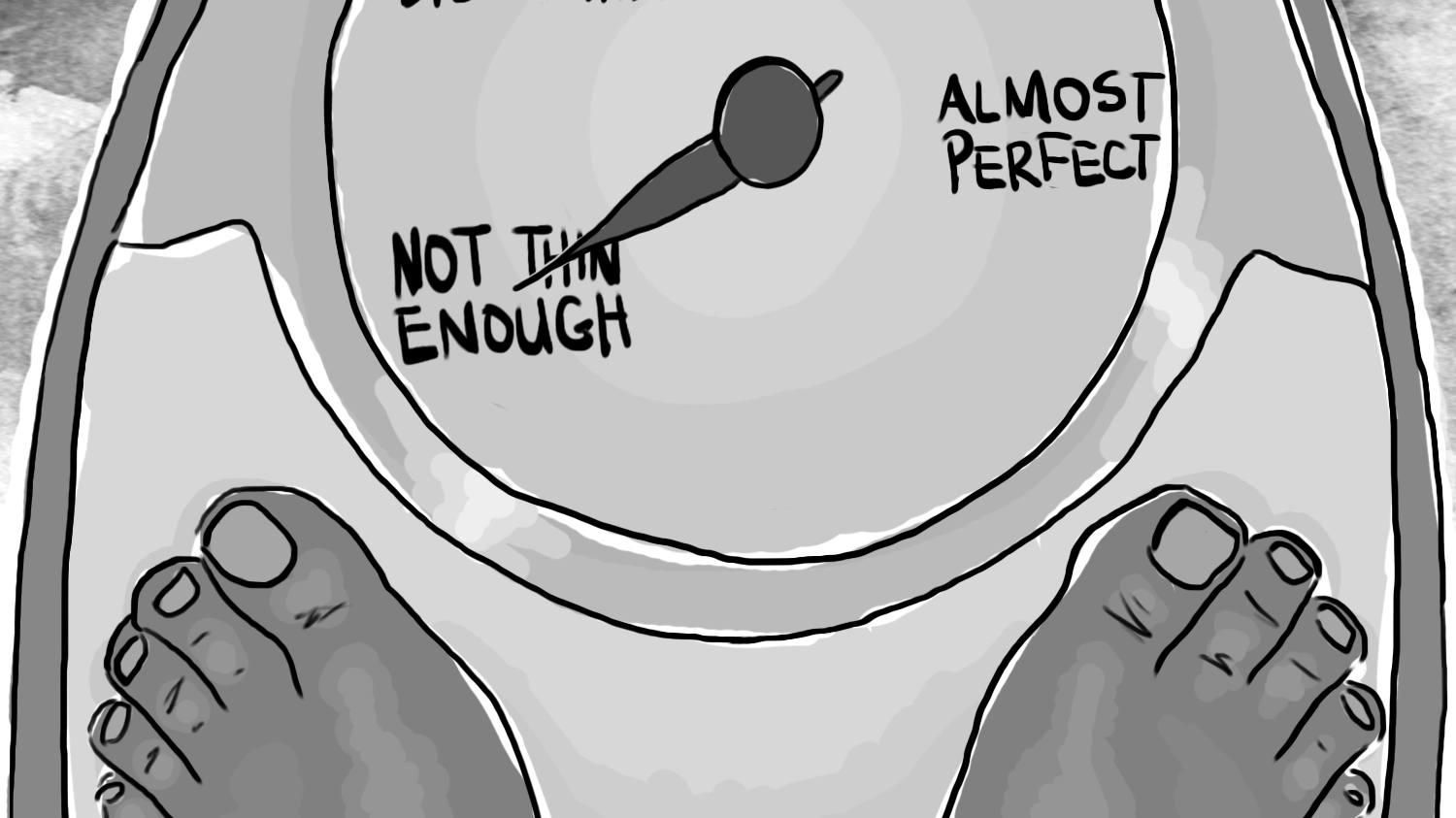Eating disorders can be defined as any of a range of psychological disorders characterized by abnormal or disturbed eating habits (such as anorexia nervosa, bulimia and even binge eating).
Dr. Catherine Mutisya, Consultant Psychiatrist explains, “There are various types of eating disorders and there are multifactorial causes like, genetic predisposition and environment. That’s why we are seeing, with exposure to social media and being able to access information from the globe, people are getting impressions that might not be the healthy way of perceiving our body image. Many people who are suffering from eating disorders have lived with anxiety for a while, some get depressed, and there is a lot of suicide attempts as well, especially with anorexia nervousa.”
Anorexia nervosa can be defined as the lack or loss of appetite for food (as a medical condition) and is also defined as an emotional disorder characterized by an obsessive desire to lose weight by refusing to eat.
For some, eating is a normal affair, never putting much thought into it, but for Zaria Gikonyo, a mental health advocate, who has struggled with self image, anxiety and depression, this has led to a struggle with bulimia and anorexia. Zaria explained, “I think it has always been there but I didn’t realize. When the lockdown happened, you’re eating a lot and so we started working out in the house but you’re not seeing any result. At the time I had bad depression, I had struggled with anxiety for a long time, I had not been able to grasp or cope with it. So this is the one thing I was able to control, I can control what goes out of my body and what goes in. So I would eat and in my mind I would say that if I have eaten this food, if I remove it then it doesn’t count.” Upon sharing with her doctor, he explained to her that there is in fact a euphoric feeling that is released when you vomit. For some people like Zaria this is something that can become addictive.
Dr. Catherine says, “The main issue with eating disorders, specifically anorexia nervosa and bulimia, would be first the fear of gaining weight and of course, they are very worried about body image. So if I believe that these calories I am getting in, I have finally put them out. There is the euphoria of achieving your goal, you are fearing to add calories. Each person experiences different things depending on what you are going through, not everybody feels the same.”
Bulimia is defined as an emotional disorder characterized by a distorted body image and an obsessive desire to lose weight, in which bouts of extreme overeating are followed by fasting or self-induced vomiting or purging.
Experts emphasize the dangers of Bulimia, saying that when throwing up you are getting out potassium phosphates, which are important in our nutrition. There are a few cases where patients have experienced both Bulimia and anorexia nervosa at the same time. Dr. Catherine explains, “Subconsciously, you see that getting it out is causing pain, so you choose not to eat at all. This explains why there can be a combination of anorexia and bulimia.”
There are many other eating disorders that exist, the common ones being binge eating, where one will eat a lot during a very short time, and some will eat when in hiding. There are other disorders like restrictive eating, where your mind is stuck on one kind of diet and along the way it becomes an obsession.
“Pica, is another eating disorder, where people eat non nutritious material, like you have seen pregnant women eat soil, you have seen kids eat soil. But, we also have to exclude that for the child there is no intellectual disability. Also, in diagnosis, you have to check that you are not lacking minerals because iron deficiency can cause Pica, and some disorders like thyroid disease can also cause that.”
Whilst most of us are on a quest to live the best way we know how, we must be conscious of what goes into our bodies and that we balance what is happening in our bodies, our minds and hearts as a whole, because it all seems interconnected.





